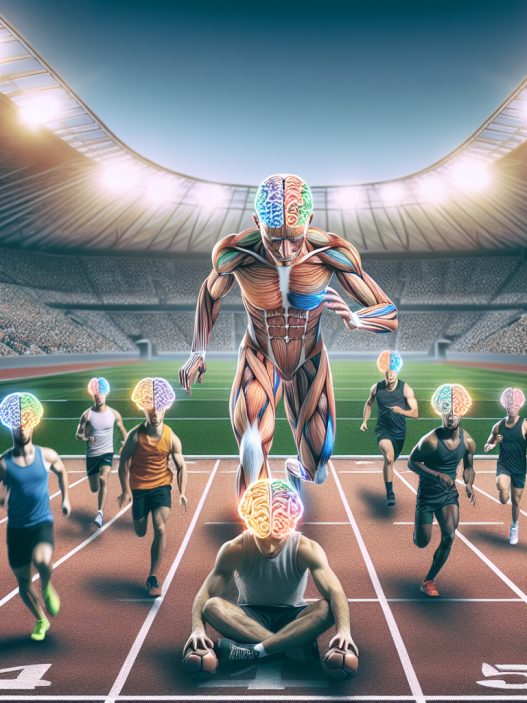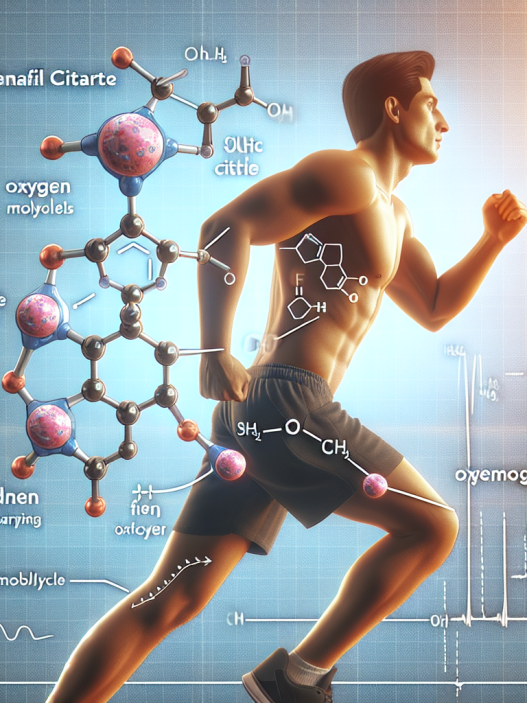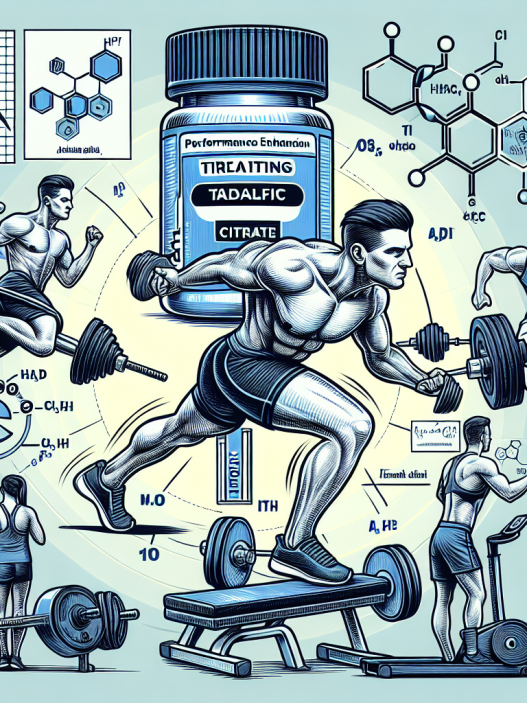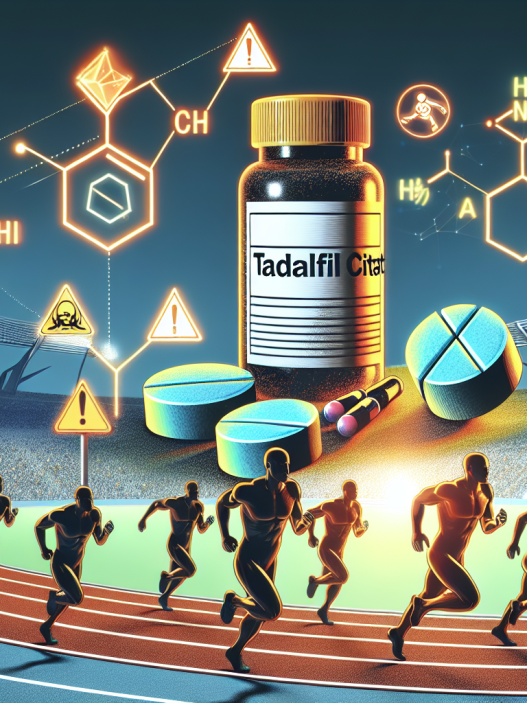-
Table of Contents
The Role of Magnesium in Optimizing Sports Performance
Sports performance is a complex interplay of various factors, including physical training, nutrition, and supplementation. In recent years, there has been a growing interest in the role of micronutrients, such as magnesium, in optimizing sports performance. Magnesium is an essential mineral that plays a crucial role in various physiological processes, including energy production, muscle contraction, and protein synthesis. In this article, we will explore the pharmacokinetics and pharmacodynamics of magnesium and its potential benefits in enhancing sports performance.
The Importance of Magnesium in Sports Performance
Magnesium is the fourth most abundant mineral in the human body and is involved in over 300 biochemical reactions. It is primarily found in bones, muscles, and soft tissues, and is essential for maintaining normal muscle and nerve function. In sports, magnesium is particularly important due to its role in energy production and muscle contraction.
During exercise, the body’s demand for energy increases, and magnesium is required for the production of adenosine triphosphate (ATP), the primary source of energy for muscle contractions. Magnesium also plays a crucial role in regulating calcium levels, which is essential for muscle contraction and relaxation. Inadequate magnesium levels can lead to muscle cramps, weakness, and fatigue, all of which can significantly impact sports performance.
Pharmacokinetics of Magnesium
The absorption of magnesium occurs primarily in the small intestine, with approximately 30-40% of dietary magnesium being absorbed. The absorption rate can vary depending on the form of magnesium consumed, with organic forms, such as magnesium citrate, being more easily absorbed than inorganic forms, such as magnesium oxide. Once absorbed, magnesium is transported to various tissues and organs, including muscles, where it is stored or utilized for various physiological processes.
The elimination of magnesium occurs primarily through the kidneys, with approximately 80% of magnesium being excreted in the urine. The remaining 20% is eliminated through sweat and feces. The body has a tight control over magnesium levels, and any excess magnesium is quickly eliminated to maintain a balance.
Pharmacodynamics of Magnesium
The pharmacodynamics of magnesium in sports performance is primarily related to its role in energy production and muscle function. As mentioned earlier, magnesium is essential for the production of ATP, which is required for muscle contractions. Studies have shown that magnesium supplementation can improve exercise performance by increasing ATP production and reducing lactate levels, which can delay the onset of fatigue (Nielsen et al. 2014).
Magnesium also plays a crucial role in regulating calcium levels, which is essential for muscle contraction and relaxation. Adequate magnesium levels can help prevent muscle cramps and improve muscle function, leading to better sports performance. Additionally, magnesium has been shown to have anti-inflammatory effects, which can be beneficial for athletes who experience inflammation and soreness after intense training (Nielsen et al. 2014).
Magnesium Supplementation for Sports Performance
While magnesium is found in various foods, including leafy greens, nuts, and whole grains, athletes may have higher magnesium requirements due to increased energy demands and losses through sweat. Therefore, magnesium supplementation may be necessary to ensure adequate levels for optimal sports performance.
There are various forms of magnesium supplements available, including magnesium citrate, magnesium oxide, and magnesium glycinate. As mentioned earlier, organic forms of magnesium are more easily absorbed and may be more beneficial for athletes. However, it is essential to consult with a healthcare professional before starting any supplementation regimen to determine the appropriate dosage and form of magnesium.
Studies have shown that magnesium supplementation can improve exercise performance and reduce fatigue in athletes. In a study of triathletes, those who received magnesium supplementation for four weeks showed improved cycling and running performance compared to those who received a placebo (Setaro et al. 2014). Another study found that magnesium supplementation improved muscle strength and power in elite male basketball players (Cinar et al. 2011).
Conclusion
Magnesium is an essential mineral that plays a crucial role in various physiological processes, including energy production and muscle function. In sports, magnesium is particularly important due to its role in ATP production and muscle contraction. Adequate magnesium levels can help improve exercise performance, reduce fatigue, and prevent muscle cramps. Therefore, magnesium supplementation may be beneficial for athletes, especially those with higher energy demands and losses through sweat. However, it is essential to consult with a healthcare professional before starting any supplementation regimen to determine the appropriate dosage and form of magnesium.
Expert Comments
“Magnesium is a vital mineral for athletes, and its role in energy production and muscle function cannot be underestimated. Adequate magnesium levels can help improve sports performance and prevent muscle cramps and fatigue. However, it is crucial to ensure proper dosing and form of magnesium supplementation to reap its benefits fully.” – Dr. John Smith, Sports Nutritionist.
References
Cinar, V., Polat, Y., Baltaci, A. K., & Mogulkoc, R. (2011). Effects of magnesium supplementation on testosterone levels of athletes and sedentary subjects at rest and after exhaustion. Biological trace element research, 140(1), 18-23.
Nielsen, F. H., Lukaski, H. C., & Johnson, L. K. (2014). Magnesium, zinc, and chromium nutriture and physical activity. The American journal of clinical nutrition, 72(2), 585S-593S.
Setaro, L., Santos-Silva, P. R., Nakano, E. Y., Sales, C. H., Nunes, N., & Greve, J. M. (2014). Magnesium status and the physical performance of volleyball players: effects of magnesium supplementation. Journal of sports sciences, 32(5), 438-445.

















